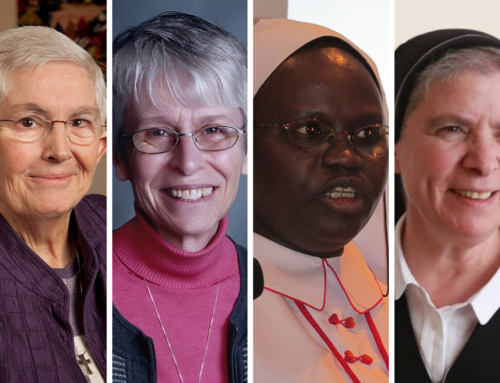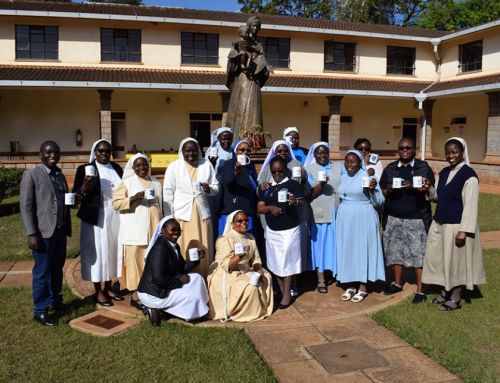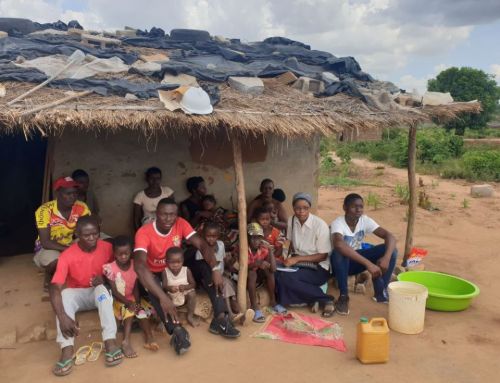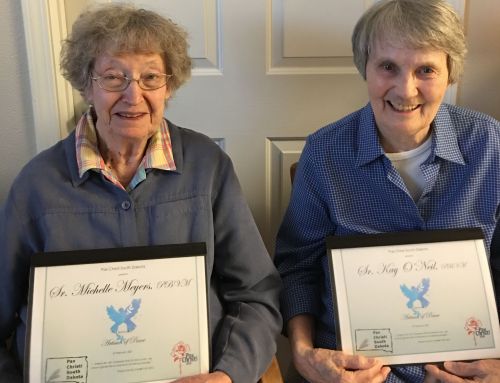 An Argus Leader editorial written by
An Argus Leader editorial written by 
Sister Lynn Marie Welbig and Sister Kathleen Bierne
South Dakotans are being led to believe that if the state expands Medicaid coverage for the 50,000 eligible persons, more of our citizens will be on “welfare” (Rep. Lee Schoenbeck’s Jan. 7 Argus Leader editorial) and soon, that number would grow to 90,000. Representative Schoenbeck also states, “At least 75 percent
The South Dakota Department of Social Services reports 60 percent are working and 40 percent of those are working full-time and many more are working part-time.
Why are they uninsured? DSS data shows that over 60 percent of these working poor are making less than 200 percent of the federal poverty level. Health Insurance, even on the Federal Exchange, can be expensive and some have no choice but to not work, since if they work, they earn too much to qualify for Medicaid, and their substandard wages will not cover health insurance. The current Medicaid structure, more so than the expansion plan, encourages unemployment. More working South Dakotans will be covered in addition to the unemployed.
Schoenbeck also states, “The brunt of the higher cost … will fallon … nursing homes and … community based facilities…” Gov.
Dennis Daugaard’s plan uses state dollars saved when the federal government covers more of the cost of Indian Health Services, thus freeing money to be invested in covering more South Dakotans. The plan for Medicaid expansion does not take any money away from existing providers. In fact, nursing homes and community service providers will be helped by the expansion if the existing funds are freed up, since these existing funds exceed what is needed for the expansion, and can be applied to improve provider rates.
Perhaps the uninsured and employment statistics also say something about the unintended consequences of the low wages and tax structure of our state.
Pope Francis has observed that modern society itself usually creates the situation of those living on its outermost fringes.
As a community, will we justify economic policies that entrap persons and breed poverty and vulnerability? What a sad state and state of affairs when we no longer care about our brothers and sisters. Public policy must relate to people’s needs, and is not healthy when it limits its vision to what the comfortable and secure judge to be what another deserves or does not deserve.
Governor Daugaard and many concerned citizens seek reasonable means of providing health care, not welfare, for all our citizens. Good citizenship is about working together for healthy communities. Indifference seeks excuses rather than solutions.
Civil society, and especially those entrusted with elected, collective responsibility, are called to find solutions to the needs among us.
We have a choice to be doomsdayers and naysayers or to look for functional and compassionate solutions.






